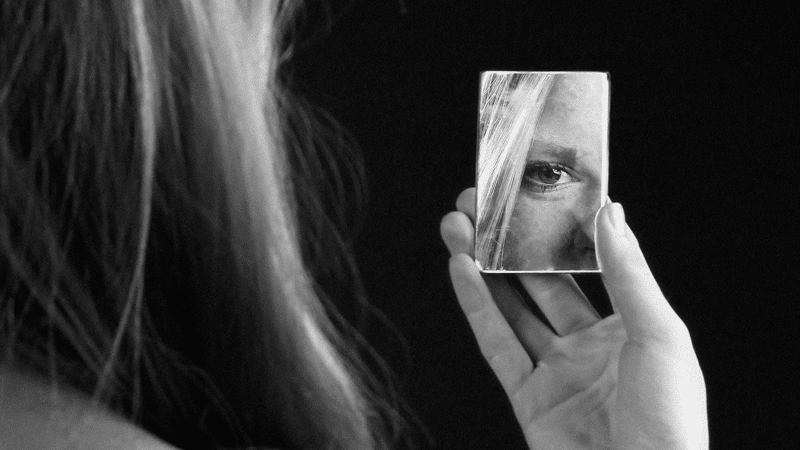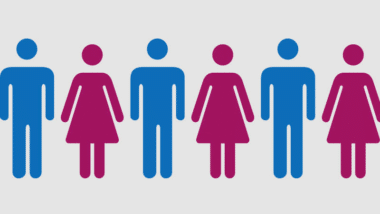Many people who identify as the opposite sex oppose the Scottish Government’s plans to allow people to change their legal sex based on self-declaration, it has been claimed.
Marion Calder, co-founder of the campaign group For Women Scotland, said she is aware of many transgender people who are “too scared to speak out in favour of women’s rights because they fear the inevitable cold-shouldering from their community”.
If passed, the Gender Recognition Reform (Scotland) Bill would make it much easier for Scots to choose their own legal sex, including reducing the minimum age to 16.
Single-sex spaces
Calder said a significant number of those who identify as the opposite sex view the Bill as dangerous, especially for young people and those without a medical diagnosis of gender dysphoria “who won’t receive proper medical advice and other support in dealing with any issues they might have”.
men who can demand access to female spaces are a danger
One told The Sunday Times that “some people who have other issues — trauma-based or emotional, for example — latch on to it. They affirm, have hormonal treatment, surgeries but then sometimes find their issues are not resolved. There are others who will self-ID in order to get access to females in female-only spaces — men who can demand access to female spaces are a danger.”
Someone who has spoken out publicly is the ‘male to female’ transsexual, Debbie Hayton. He has warned that with self-identification: “Any male person could declare they are female and inherit the rights and protections afforded to women.”
Hayton, a science teacher, acknowledges that he is “not female” and “cannot become female”, but is living as if a woman and says it is impossible to change “our biological sex”.
Legal action
Currently, Scots wishing to ‘change sex’ must have a medical diagnosis of gender dysphoria and live as if a member of their chosen sex for at least two years.
The Bill proposes ditching the requirement for the approval of two doctors. If passed, it would also reduce the waiting time to just six months and lower the age that people can apply for a Gender Recognition Certificate from 18 to 16.
Women’s groups are threatening legal action, following the Bill’s introduction into Holyrood last week.
Dr Nicola Williams, Director of Fair Play for Women, said the proposed reforms fall outside of the law, warning that “changing who can be recognised as what sex anywhere in the UK is outside the legislative competence of the Scottish parliament”.
Grassroots resistance grows to Scot Govt gender self-ID plans
Scottish census legal challenge thrown out by judge
Court of Session rules term ‘women’ only applicable to females


